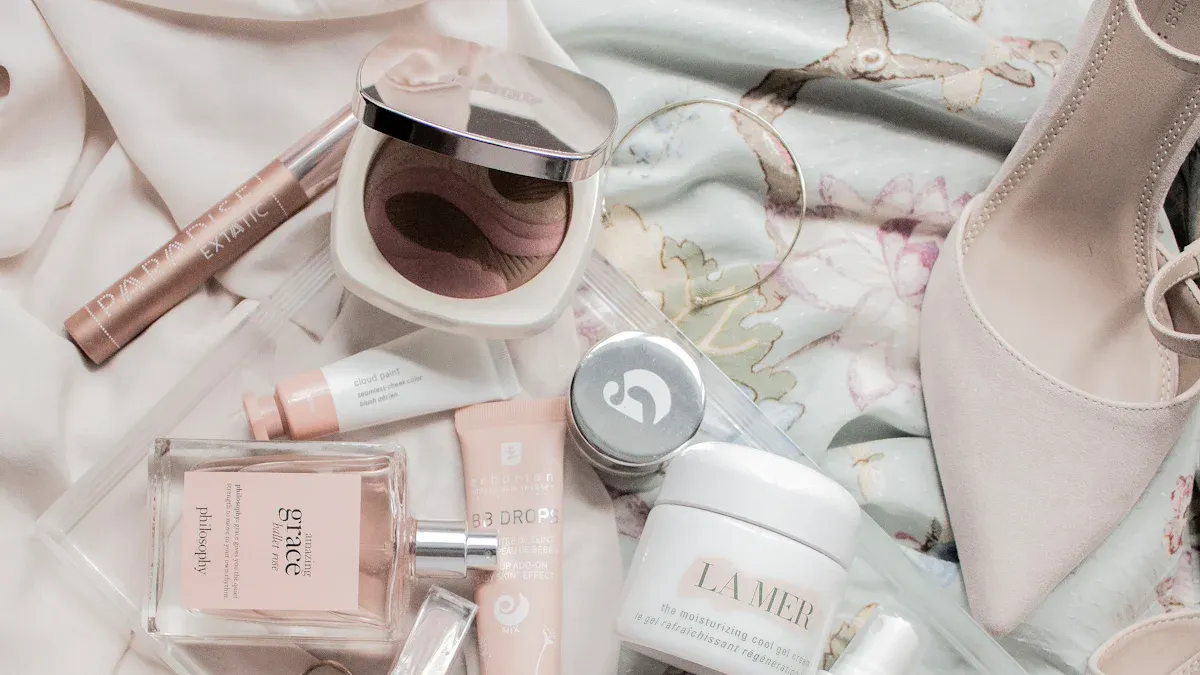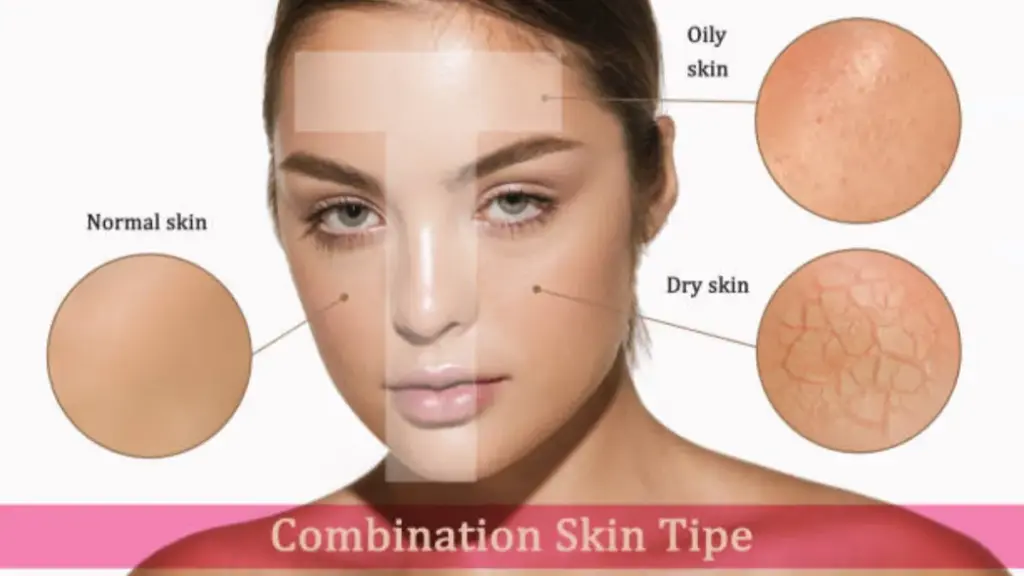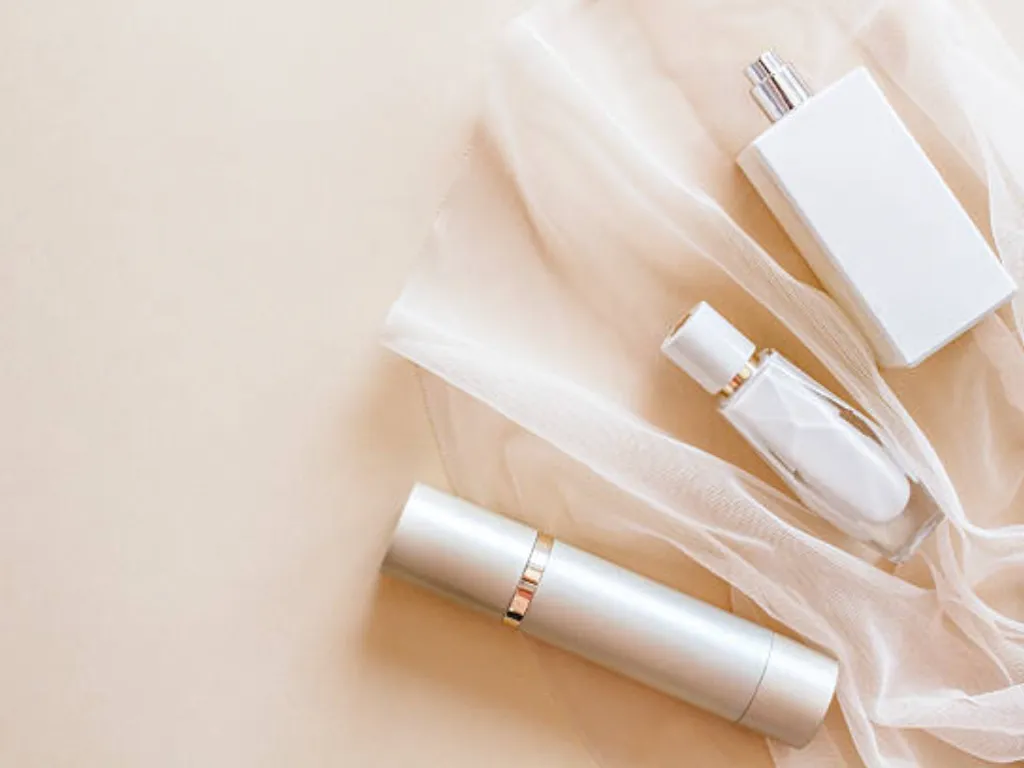
Choosing the right cosmetics producer can make or break your product’s success. Asking the right questions to ask upfront helps you avoid costly mistakes and ensures your brand gets the quality and support it deserves. If you skip this step, you risk partnering with a manufacturer that doesn’t align with your needs or values. Take the time to dig into their expertise, compliance, and operational processes. This way, you’ll build a partnership that sets your brand up for long-term growth and reliability.
Understanding the Manufacturer’s Expertise and Capabilities

What is their experience in the cosmetics industry?
When choosing a cosmetics manufacturer, their experience matters. You want to work with someone who knows the ins and outs of the industry. Ask how long they’ve been in business and what types of cosmetic products they’ve created. A seasoned manufacturer can guide you through the process, from formulation to production, ensuring your product meets market demands.
For example, Oully, a trusted contract manufacturer, has over 10 years of experience in the beauty industry. They’ve worked with global brands and retailers, helping them bring innovative skincare and cosmetic products to life. This kind of expertise can make a huge difference, especially if you’re planning a product launch in a competitive market.
Can they handle your product volume and scalability needs?
Production capabilities are another critical factor. Can the manufacturer handle your current order volume? More importantly, can they scale up if your product takes off? These are essential questions to ask before signing any agreement. A manufacturer with flexible production capabilities ensures you won’t face delays or shortages as your brand grows.
Some skincare product manufacturers, like Oully, offer low minimum order quantities (MOQs) while still accommodating large-scale production. This flexibility is ideal for startups testing the waters and established brands looking to expand. Whether you’re launching a niche product or aiming for mass-market appeal, your manufacturer should be able to grow with you.
Do they offer customization options for formulations and packaging?
Customization is key to standing out in the crowded cosmetics market. You’ll want a manufacturer that offers custom formulation and packaging options to align with your brand’s vision. Whether it’s a unique blend of ingredients or eco-friendly packaging, these details can set your product apart.
The demand for personalized cosmetic products is growing rapidly. In fact, the global market for customized cosmetics was valued at USD 26.20 billion in 2022 and is expected to reach USD 48.65 billion by 2030, growing at a compound annual growth rate (CAGR) of 8.0%. This trend highlights the importance of partnering with manufacturers who can deliver tailored solutions.

Customization isn’t just about aesthetics. It’s also about formulation. Does the manufacturer allow you to choose specific ingredients? Can they create formulations that meet regulatory compliance and safety guidelines? These are crucial aspects to consider. A manufacturer like Oully, which specializes in custom formulation and sustainable practices, can help you create a product that resonates with your target audience.
Ensuring Regulatory Compliance and Quality Standards

How do they source their ingredients, and are they ethically sourced?
When it comes to cosmetics, the source of ingredients matters as much as the final product. You should ask manufacturers about their sourcing practices. Are they working with suppliers who prioritize ethical and sustainable practices? Do they ensure biodiversity protection and fair treatment of growers? These questions help you align your brand with responsible practices.
Many reputable cosmetic manufacturers follow strict certifications to guarantee ethical sourcing. For example:
The Soil Association requires at least 70% of ingredients to be organic.
NSF/ANSI 305 also mandates 70% organic content.
Ecocert Organic goes further, requiring 95% of ingredients to be natural and at least 10% to be organic.
By choosing a manufacturer that adheres to these standards, you can ensure your products meet consumer expectations for sustainability and ethics. This is especially important as more customers demand transparency and eco-friendly practices in the cosmetics industry.
What quality control measures are in place during production?
Quality control measures are the backbone of any successful cosmetics production process. Without them, you risk launching a product that doesn’t meet safety or performance standards. Ask your manufacturer about the systems they use to monitor and maintain quality throughout production.
Top skincare product manufacturers often implement advanced tools like ERP systems and automated quality checks. These systems reduce human error and ensure every batch meets strict guidelines. Other measures, like defect detection and statistical process control (SPC), help identify and fix issues before they become major problems. Continuous improvement initiatives also play a role in maintaining high standards over time.
These practices not only reduce production defects but also enhance consumer trust. When customers know your products are safe and reliable, they’re more likely to stay loyal to your brand. Plus, fewer defects mean lower costs and fewer risks for your business.
Do they hold certifications for regulatory compliance (e.g., FDA, ISO, cGMP)?
Certifications are a clear indicator of a manufacturer’s commitment to quality and compliance. They show that the company follows industry standards and meets regulatory requirements. Before partnering with a manufacturer, check if they hold certifications like FDA, ISO, or cGMP. These certifications ensure that the production process is safe, efficient, and compliant with global guidelines.
For example, regulatory certifications provide a framework for quality control and consumer trust. They verify that cosmetic products are effective, safe, and reliable. Manufacturers with these certifications demonstrate their dedication to excellence and their ability to meet industry standards. This is crucial for maintaining high product quality and ensuring a successful product launch.
Additionally, certifications like cruelty-free, organic, and vegan can help your brand stand out in a competitive market. They appeal to conscious consumers who value ethical and sustainable practices. By partnering with a certified contract manufacturer, you can confidently bring your vision to life while meeting regulatory compliance.
Logistics and Operational Considerations
What are their minimum order quantities (MOQs)?
Minimum order quantities (MOQs) can make or break your partnership with a manufacturer. You need to know if their MOQ aligns with your business goals. Are you launching a niche product with limited demand? Or are you planning to scale quickly? Asking these questions upfront ensures you don’t overcommit or face production hurdles.
Many cosmetic manufacturers are shifting toward lower MOQs to accommodate indie brands and startups. This trend gives you more flexibility to test the market without tying up too much capital. For example:
Lower MOQs allow smaller brands to experiment with custom formulation and packaging.
They also reduce the risk of overstocking, which can hurt your bottom line.
A manufacturer like Oully, known for its flexible MOQ options, can help you strike the right balance between affordability and scalability.
What are their lead times for production and delivery?
Lead times are critical for a smooth product launch. You don’t want delays disrupting your timeline or disappointing your customers. Ask manufacturers about their average production and delivery times. Do they have systems in place to ensure efficiency? Are they equipped to handle unexpected challenges?
Efficient manufacturers often rely on streamlined processes and real-time data access to meet deadlines. Here’s a quick look at operational benchmarks:
Operational Aspect | Description |
|---|---|
Real-time Data Access | Enables swift responses to market changes and internal demands, crucial for timely production. |
Improved Inventory Management | Prevents stockouts and overstocking, ensuring smooth delivery. |
Streamlined Production Processes | Reduces task completion time, enhancing manufacturing timelines. |
Enhanced Supply Chain Coordination | Ensures timely delivery of ingredients and products. |
Automation of Routine Tasks | Minimizes human error, improving operational focus. |
Partnering with a contract manufacturer that prioritizes these practices can help you stay ahead of schedule and avoid costly delays.
Do they provide support for packaging, labeling, and dropshipping?
Packaging, labeling, and dropshipping are essential for a seamless supply chain. You’ll want a manufacturer that offers integrated services to simplify operations. This support can save you time and reduce errors during fulfillment.
Integrated services streamline processes like inventory management and order tracking. For example:
Strategy | Description |
|---|---|
Provides a real-time view of inventory and orders, preventing delays from data disconnects. | |
Automate order status notifications | Keeps customers informed, reducing inquiries and frustration. |
Synchronize inventory across sales channels | Prevents overselling and costly errors, maintaining customer trust. |
Streamline multichannel order management | Unifies order sources for faster and more consistent fulfillment. |
Manufacturers like Oully, with dropshipping capabilities and packaging expertise, can help you deliver high-quality cosmetic products to your customers without logistical headaches.
Building a Collaborative Relationship
How do they handle communication and updates during production?
Clear communication is the backbone of any successful partnership. You need to know how your manufacturer will keep you informed during production. Do they provide regular updates? Is there a designated point-of-contact to address your concerns? These details can make or break your experience.
A reliable manufacturer will prioritize transparency. They’ll share updates on production timelines, ingredient sourcing, and any potential delays. Some manufacturers even use project management tools to keep you in the loop. This ensures you’re never left guessing about the status of your cosmetic products. Having a designated point-of-contact also simplifies communication, saving you time and reducing stress.
What post-production support do they offer (e.g., troubleshooting, reorders)?
Your relationship with a manufacturer doesn’t end once your products are made. Post-production support is just as important. Ask about the services they offer after production. Can they help with troubleshooting if issues arise? Do they make reordering easy?
Some manufacturers go the extra mile by offering inventory management or dropshipping services. This can streamline your operations and help you focus on growing your brand. A good contract manufacturer will also assist with quality checks and ensure your products meet manufacturing guidelines. This level of support can make your product launch smoother and more successful.
Do their values align with your brand’s mission and vision?
Shared values create stronger partnerships. When your manufacturer’s values align with your brand’s mission, it fosters trust and collaboration. This alignment can lead to long-term success for both parties.
Consider how the manufacturer approaches sustainability, ethical sourcing, and innovation. Do they work with suppliers who prioritize eco-friendly practices? Are they committed to creating high-quality cosmetics that meet your standards? Partnerships thrive when both sides share common goals. Misaligned values, on the other hand, can lead to misunderstandings and setbacks.
Strategic alliances based on shared values often yield significant benefits.
Partnerships with aligned goals are more likely to succeed, while misalignment can result in negative outcomes.
By choosing a manufacturer whose vision complements yours, you can build a relationship that supports your brand’s growth and reputation.
Partnering with the right cosmetics producer starts with asking smart questions. This step ensures you’re set up for a successful product launch and helps you avoid costly mistakes. Due diligence protects your brand and guarantees high-quality products that meet safety and compliance standards. For example, supplier audits and accurate labeling play a vital role in the product development process, ensuring both quality and consumer trust. Treat your partnership as a long-term collaboration built on shared values. When trust and transparency guide the relationship, your brand is primed for lasting success.
FAQ
What should you prioritize when choosing a cosmetics manufacturer?
Focus on their experience, certifications, and ability to meet your product needs. Check if they align with your brand’s values and can handle your volume requirements. A reliable manufacturer ensures smooth production and high-quality results.
How can you ensure your product meets regulatory standards?
Ask about the manufacturer’s certifications, like FDA or ISO. Confirm they follow strict quality control processes and source ingredients from reputable suppliers. This guarantees compliance and builds trust with your customers.
Why are ethical sourcing practices important?
Ethical sourcing reflects your brand’s commitment to sustainability and fair practices. Customers value products made with responsibly sourced ingredients. Partnering with suppliers who prioritize ethics enhances your brand’s reputation and appeal.
What role do suppliers play in product quality?
Suppliers provide the raw materials that define your product’s quality. Reliable suppliers ensure consistent, high-grade ingredients. This directly impacts the performance and safety of your cosmetics.
How can you streamline your product’s supply chain?
Choose a manufacturer offering integrated services like packaging, labeling, and dropshipping. This simplifies operations and reduces errors. A streamlined supply chain ensures your product reaches customers efficiently.
















